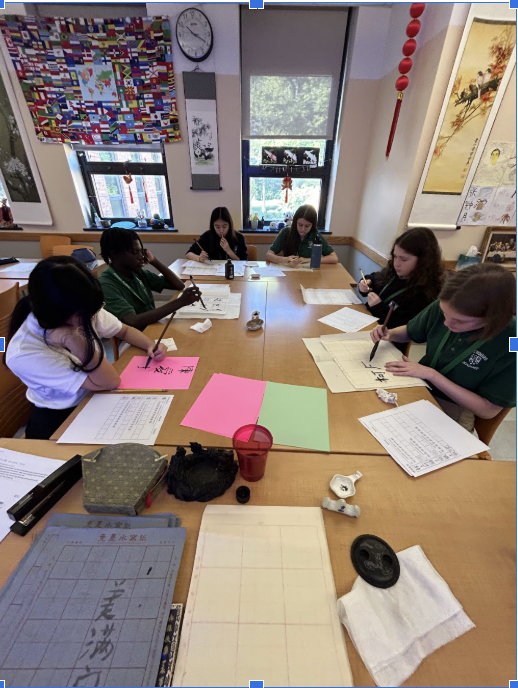My Year of Rest and Relaxation
During the pandemic, we’ve all gravitated towards movies, TV shows and books to distract us from a terrible reality. I picked up reading for pleasure after having so much free time and found one of my favorites and weirdly realistic to be Otessa Moshfegh’s book “My Year of Rest and Relaxation.”
The novel revolves around a nameless protagonist who is vain and insufferable, living in y2k-era New York City. Having recently lost both her parents and feeling in a crisis, she comes to the decision that she wants to sleep for an entire year and she believes it will transform her. It feels like this book captures the essence of our current and past situation for almost a year now–drowsy, going through the motions of life, languishing alone. Although the main character can be unlikable, as she only has one friend she constantly gaslights, I think we all see something in her as and maybe even relatable with how mental health issues can be so hard to handle.
Another topic this book tackles is the effects of isolation on humans. From the help of a not-so-good psychiatrist, the protagonist is prescribed the fictional drug Infermiterol, one that causes her to dip in and out of consciousness for weeks, and months at a time. What I love most about her is that she is truly flawed and has to come to terms with that by selling her parents’ house or finally confronting her boyfriend who is manipulating her. As she alienates herself, she finds peace with who she really is, even if it is a cliche.
I could not put this book down, and I was finished in no time. Jia Tolentino of The New Yorker praised it as well, saying, “…the relief this way of living brings Moshfegh’s narrator is powerful and undeniable even as it is transparent, flagrant, false.” Moshfegh creates a character that will capture your attention and it’s last page presents the reader with a poetic realization of life and its qualities. Moshfegh’s other works include the books “Eileen, Homesick for Another World” and “Death in Her Own Hands,” where characteristics of the protagonist can bleed into her other works.

Maggie is a senior at Archmere. In addition to the Green Arch, she also participates in DEI Club, and is a writer for Tapestry. When she is not in school,...

















